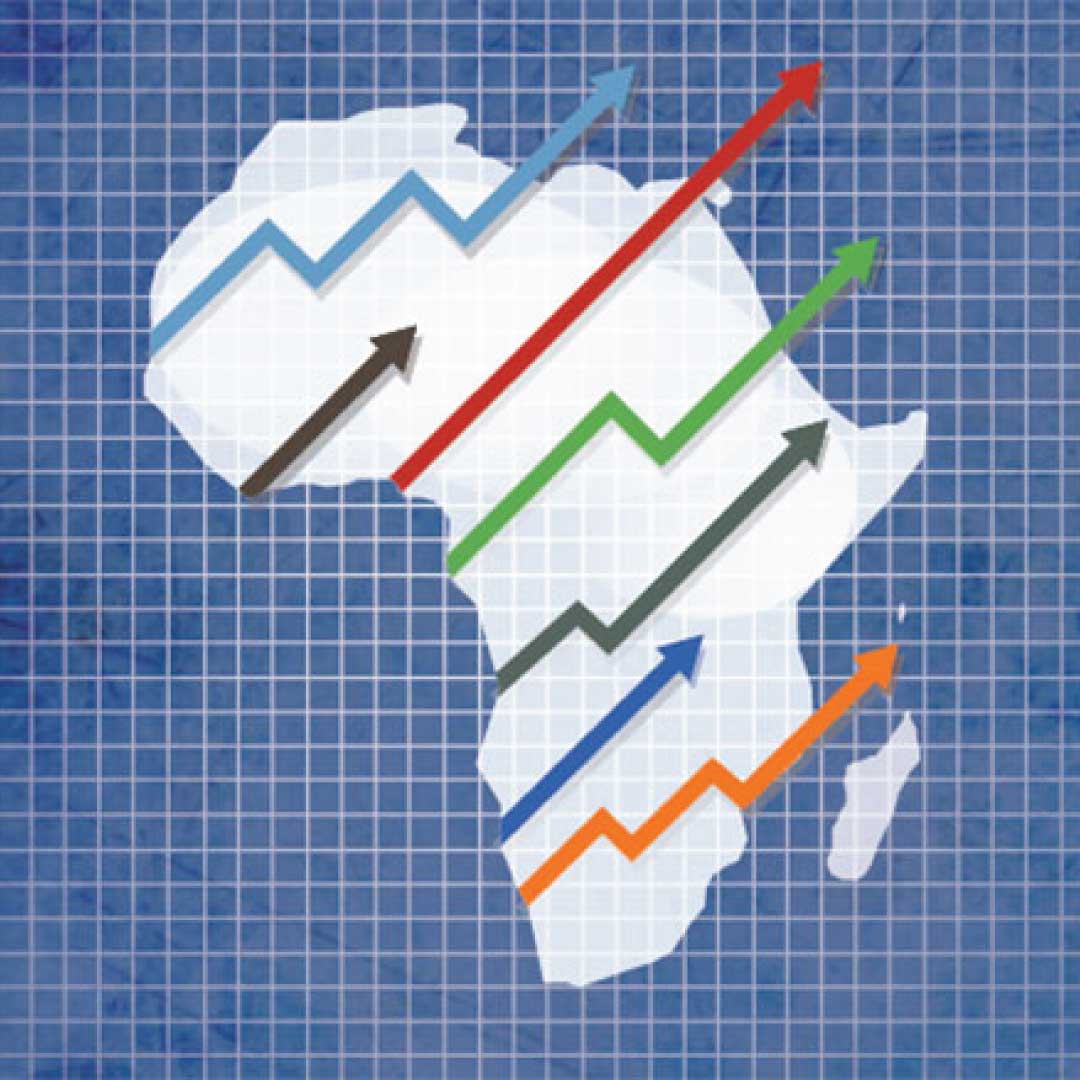The government ordered internet outages; the intentional disruption of electronic communications, rendering them inaccessible or effectively unusable for a period determined by the government.
These Internet outages occurred in 21 countries, lasting over 30,000 hours and costing Africa’s economy $237.4 million in 2020. This is according to a report by Netblocks’ (an internet monitoring organization) which developed a tool to estimate the cost of internet shutdowns for different countries and regions using several development indicators.
Africa’s Internet Connectivity
Internet connectivity has dropped dramatically in Africa as a result of these Internet outages. Tanzania restricted access to the internet and social media applications during elections in October 2020.
The government of Uganda in 2021, issued an order to ISPs (Internet Service Providers) to block social media platforms, then on the night before the election day, told them to block all internet connectivity.
Ethiopia imposed an internet shutdown which lasted for close to a month after unrest that followed the killing of a prominent Oromo singer and activist Hachalu Hundessa.
Read Also: The Drive for Digital Transformation in Cameroon
The Nigerian government suspended Twitter on June 4 2021 after it removed a post from President Muhammadu Buhari that threatened to punish regional secessionists. Telecoms companies subsequently blocked access to users in Nigeria.
Zimbabwe, Togo, Burundi, Chad, Mali and Guinea also restricted access to the internet or social media applications at some point between 2020 and 2021.
How African Governments Order Internet Outages.
Internet service providers are instructed by the government to cut out particular internet services.
URL-based blocking, which is a filter that prevents access to a list of banned sites is one popular way the government clamps down on internet access. A user trying to access a site might see messages like “server not found” or “this site has been blocked by the network administrator”.
Read Also Zambia is set to move from using Analogue satellite to Digital satellite
Another method is called throttling. This severely limits traffic to specific sites, giving the impression that the service is slow, thereby discouraging access.
Impacts of Government Ordered Internet Outages on African Economy.
The impacts of a temporary shutdown of the Internet grow larger as a country develops and as a more mature online ecosystem emerges. It is estimated that for a highly Internet-connected country, the per day impact of a temporary shutdown of the Internet and all of its services would be on average $23.6 million per 10 million population. With lower levels of Internet access, the average estimated GDP impacts amount to $6.6 million and to $0.6 million per 10 million population for medium and low Internet connectivity economies, respectively.
The impact of these internet outages are heavy on the African economy.
By 2025, the internet’s contribution to Africa’s GDP could grow by as much as 10% or $300 billion. The possibilities the internet provides are numerous. Continuous internet interruption places Africa’s economic development in a chokehold.
Conclusion
The spread of the mobile internet has helped Africans achieve key development aims, and access to education, health services, insurance, and employment opportunities.
It is very obvious that the internet disruptions are hampering Africa’s economic development.




